We began our Leaky Bucket Assessment for Effective Fundraising in May of this year, and already we are seeing some trends that should give all fund-development professionals food for thought. But we need YOUR assessment to help validate our findings, so please, just visit Leaky Bucket for Effective Fundraising to complete yours. It’s free, it only takes 5 minutes, and when you’re done, I’ll be happy to review it with you personally.
Let me tell you why I’m so concerned about the results we’re seeing. Out of our survey sample to date, more than 67% gave their fund-development efforts a C or D letter grade – that’s pretty close to flunking! Even more disturbing, 25% of all respondents said that they did not have an up-to-date Case Statement. And many of those surveys came from larger, more mature nonprofits!
If you’re a fund-development professional, take heart. It’s probably not your fault if scores are so low. Fundraising results are impacted by many, many issues, and the developer’s personal skills are not the sole contributor. The board contributes to – or detracts from – fundraising success if it’s not paying attention, if it’s not leveraging its contacts, and if it’s micromanaging the process. The CEO can contribute to – or detract from – fundraising success if he or she is not creating effective metrics, reporting methods, qualifying standards for selecting donor/grantor prospects. The organization as a whole can contribute to – or detract from – fundraising success based on the level of business disciplines that are in common use throughout the organization.
But in an economy as brutal as this one, it’s really important to stay on top of the effectiveness and efficiency of your fundraising efforts. Funding sources like government agencies and major foundations are husbanding their resources, and cutting back. Major donors are thinking twice about the size of their gifts. If you’re not using systematic methods to manage and you simply can’t make up the difference by working longer hours. In fact, I bet you don’t have any more hours left to work anyway.

